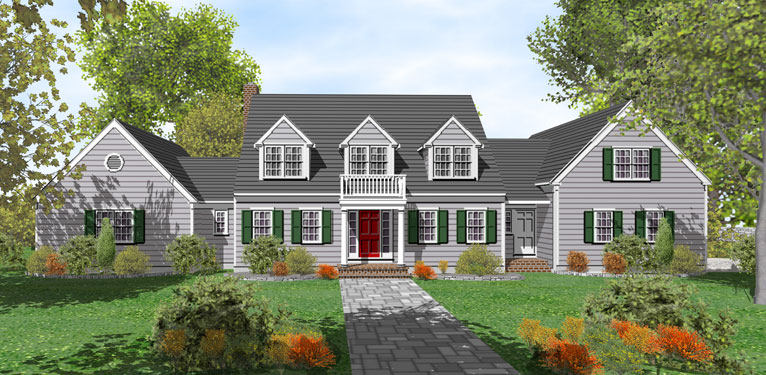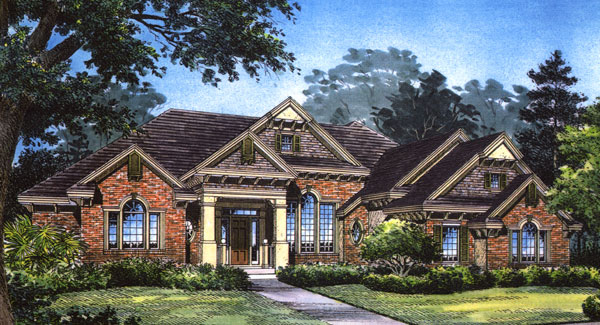Home > Remodeling HomeRemodeling Home
Remodeling a house refers to the process of making significant changes or improvements to an existing home. It involves altering the structure, layout, design, or functionality of the house to better meet the needs and preferences of the homeowner. Remodeling projects can range from minor updates and renovations to complete overhauls of the interior or exterior of the house. The goal of remodeling is to enhance the overall appearance, functionality, and value of the property.
Remodeling a house involves making significant changes or improvements to its structure, layout, or design. It can range from minor updates and renovations to complete transformations.
Here are some key aspects to consider when undertaking a house remodeling project:
I. Planning and Design: Start by assessing your needs and goals for the remodel. Consider the desired changes, such as adding more space, improving functionality, or enhancing aesthetics. Develop a clear vision for the project and create a detailed plan. Consult with architects, designers, or contractors to help you with the design and layout.
II. Budgeting: Determine your budget for the remodel and allocate funds to different aspects of the project, including materials, labor, permits, and contingencies. It is important to have a realistic budget that aligns with your goals and expectations.
III. Permits and Regulations: Check with local authorities to understand the permits and regulations necessary for your remodeling project. Ensure that you comply with building codes and obtain the required permits before starting any construction work.
IV. Structural Changes: If you plan to make structural changes, consult with a structural engineer or architect to assess the feasibility and impact of those modifications. This may include removing or adding walls, changing room layouts, or extending the house.
V. Electrical, Plumbing, and HVAC Systems: Consider the condition of the existing electrical, plumbing, and HVAC (heating, ventilation, and air conditioning) systems. Determine if any updates or repairs are needed to meet current safety and efficiency standards. It is important to hire licensed professionals for these installations and ensure they are up to code.
VI. Material Selection: Choose high-quality materials that align with your design preferences, durability requirements, and budget. Consider factors such as flooring, cabinetry, countertops, fixtures, and finishes. Research different options, compare prices, and consult with professionals to make informed decisions.
VII. Hiring Contractors: Depending on the complexity of the remodel, you may need to hire contractors for various tasks, such as carpentry, plumbing, electrical work, painting, and more. It is essential to hire licensed and experienced professionals who have a good reputation in the industry. Obtain multiple quotes, review their portfolios, and check references before making a final decision.
VIII. Project Management: Proper project management is crucial to ensure a smooth and successful remodel. Create a timeline and schedule, coordinate with contractors and suppliers, and monitor progress closely. Effective communication and regular site visits will help address any issues or changes promptly.
IX. Finishing Touches: Pay attention to the finer details, including paint colors, lighting fixtures, hardware, and decor. These finishing touches can greatly enhance the overall look and feel of the remodeled space.
X. Quality Control and Inspections: Regularly inspect the construction work to ensure it meets your expectations and adheres to the agreed-upon plans and specifications. Address any issues or concerns promptly to maintain quality throughout the remodeling process.
Remodeling a house can be a rewarding experience, but it requires careful planning, budgeting, and coordination. By considering these key aspects and working with reputable professionals, you can achieve your desired results and create a home that meets your needs and reflects your style.Remodeling a house offers several benefits, including:
Increased Comfort: Remodeling can improve the functionality and comfort of living spaces, making them more enjoyable and convenient for the homeowners.
I. Enhanced Value: Well-planned and executed remodeling projects can significantly increase the value of the property. This can be advantageous when selling the house in the future.
II. Personalization: Remodeling provides an opportunity to customize the house according to the homeowner's preferences, lifestyle, and specific needs.
III. Improved Efficiency: Upgrading systems and incorporating energy-efficient features can lead to lower utility bills and reduced environmental impact.
IV. Modernization: Remodeling allows homeowners to incorporate the latest design trends, technologies, and amenities into their living spaces.
However, it is important to carefully plan and budget for a remodeling project to ensure it aligns with the homeowner's goals and financial resources. Hiring reputable professionals, obtaining necessary permits, and adhering to building codes and regulations are crucial for a successful remodeling endeavor.









